 Unification Church members rally in Seoul on Aug. 18, 2022, to protest against the media coverage the group received in Japan following the assassination in early July of former Japanese Prime Minister Shinzo Abe. Photo: Anthony Wallace/AFP via Getty Images
Unification Church members rally in Seoul on Aug. 18, 2022, to protest against the media coverage the group received in Japan following the assassination in early July of former Japanese Prime Minister Shinzo Abe. Photo: Anthony Wallace/AFP via Getty Images ![]()
Elle Hardy is a journalist and author of “Beyond Belief: How Pentecostal Christianity Is Taking Over the World.”
He has a stan culture to rival K-pop idols, a fund bankrolled by sympathizers, and has been labeled one of the “most successful assassins” in history. Beginning on Tuesday, Tetsuya Yamagami, the man who shot Japan’s longest-serving prime minister with a homemade gun, is standing trial. But in the eyes of many of his countrymen, the real defendant in the dock is Japan’s political system itself.
When Yamagami pulled the trigger in July 2022, killing Shinzo Abe in a puff of white smoke at a suburban political rally, it seemed incomprehensible. Modern Japan doesn’t have a gun culture, much less one of assassination. Photos soon emerged of Yamagami being wrestled to the ground by security, his crude blunderbuss — held together with gaffer tape — smoldering while Abe lay dying.
“I had no choice,” Yamagami told police, “but to choose Mr. Abe as a murder target.” The 45-year-old saw Abe — the third-generation godfather of Japan’s most powerful political dynasty — as the embodiment of a system that had destroyed his family. Yamagami described Abe as “one of the Unification Church’s sympathizers who wields the most influence in the real world.” To the defendant, Abe was the figure who could be held responsible for the decadeslong relationship between Abe’s right-wing Liberal Democratic Party, or LDP, and the Unification Church, a quasi-Christian movement founded by Korean preacher Sun Myung Moon more than 70 years ago.
To understand what brought him to that fateful moment, we first need to understand the bizarre Korean religious movement that served as the bridge between the two men — despite neither being members.
Moon was born in North Korea in 1920, at a time when the country was under repressive Japanese occupation and Christianity was flourishing as both a faith and a source of resistance. According to the church’s founding beliefs, Moon claimed Jesus visited him as a teenager and begged him to complete his mission to create God’s kingdom on Earth, with Korea as its chosen nation.
 Tetsuya Yamagami, the man accused of murdering former Japanese Prime Minister Shinzo Abe, leaves the police station to head to the prosecutor’s office in Nara, Japan, on July 10, 2022. Photo: STR/JIJI Press/AFP/Japan OUT via Getty Images
Tetsuya Yamagami, the man accused of murdering former Japanese Prime Minister Shinzo Abe, leaves the police station to head to the prosecutor’s office in Nara, Japan, on July 10, 2022. Photo: STR/JIJI Press/AFP/Japan OUT via Getty Images In 1954, after building a small but devoted following, Moon founded the Holy Spirit Association for the Unification of World Christianity, better known as the Unification Church. In the United States, where it rose to prominence two decades later, the group became infamously known as the “Moonies,” noted for its mass weddings at venues like Madison Square Garden, before rebranding in the 1990s as the Family Federation for World Peace and Unification.
By the late 1950s, he sought to expand his movement — which fused Christian teachings with Korean shamanism, fervent anti-communism, and sexual purity — abroad. Theologically, he viewed Japan as a spiritually corrupt nation whose sins could be cleansed only through devotion and material sacrifice, acts he deemed necessary to fulfill a divine destiny: uniting the Korean peninsula and establishing God’s kingdom. Practically, he understood that the Japanese economic miracle taking hold offered fertile ground for fundraising and recruitment.
In Japan, the Church’s methods were ruthlessly effective. They exploited a potent mix of traditional beliefs about inherited misfortune, guilt over Japan’s colonial past in Korea, and the alienation of women struggling to navigate a rapidly changing world. Moonies scoured newspaper obituaries for recently bereaved widows, then appeared at their doors claiming to bear messages from the spirit world that their loved ones were trapped in a kind of purgatory, and the only way to free them was by purchasing cheap trinkets at tens of thousands of times their actual worth.
Kishi helped Moon gain a foothold in Japan, granting him political protection in exchange for his fervent anti-left-wing organizing.
Moon’s movement was transformed into an empire by his introduction to Nobusuke Kishi, Shinzo Abe’s grandfather, a wartime minister and suspected “Class A” war criminal who escaped prosecution and helped form the conservative LDP. The party has ruled Japan almost entirely since the party’s founding in 1955, with Kishi serving as its prime minister from 1957 to 1960. Kishi helped Moon gain a foothold in Japan, granting him political protection in exchange for his fervent anti-left-wing organizing. For decades, the arrangement worked perfectly. The Unification Church offered a disciplined, nationwide network of volunteers who worked on campaigns and filled rallies to create a powerful illusion of popular support. In return, LDP lawmakers bestowed legitimacy on the movement. They spoke at events for its many front organizations but, most importantly, shielded the Church from the government scrutiny its exploitative fundraising practices would otherwise have invited.
By the 1980s, as Moon consolidated his power as a political and business titan in his new playground of the United States, the Japanese branch of the Church had funneled the equivalent of nearly $3 billion to fund his American interests. Quietly, this lucrative network of mutually beneficial corruption, fusing spiritual coercion and state power, had become part of Japan’s political DNA.
It was into this machinery that Yamagami’s family was drawn.
Only a year after he was born in 1980, Yamagami’s maternal grandmother died in a car accident, shattering his mother Ako’s already fragile mental health. When Yamagami was 4, his father killed himself by jumping from a hospital roof, leaving Ako with two young sons and a daughter on the way.
“I was raised by a single mother,” Yamagami wrote in a 2019 Twitter post, part of a yearslong monologue about his unhappiness to a handful of followers. “But we weren’t poor. In fact, we were well-off.” When they were still young, his older brother developed brain cancer and lost his right eye, a long illness that brought years of suffering.
Around 1991, a stranger visited the Yamagami home, offering a “prayer healer” who promised to lift the family’s curse by driving out ancestral evil. Ako joined the church soon after, telling friends that its teachings “saved” her.
 Rev. Sun Myung Moon, left, founder of the Unification Church, and his wife attend the ceremony after the Peace Cup final match between Hamburger SV and Seongnam Ilhwa Chunma on July 22, 2012, in Suwon, South Korea. Photo: Kiyoshi Ota/Getty Images
Rev. Sun Myung Moon, left, founder of the Unification Church, and his wife attend the ceremony after the Peace Cup final match between Hamburger SV and Seongnam Ilhwa Chunma on July 22, 2012, in Suwon, South Korea. Photo: Kiyoshi Ota/Getty Images After donating her husband’s life insurance and assets to the church — more than $600,000 in today’s money — she also began volunteering most of her time, neglecting three children who were often left dirty and hungry. When they turned up on family members’ doorsteps, the money the children brought home would be turned over to the Church. Her father’s business, which appeared to have been keeping the family afloat, faltered in the Asian economic crisis. Tweets from Yamagami said that the old man “got furious at my mother — rather, it would be more correct to say desperate. That was when he took a kitchen knife.”
Though he did not kill his daughter, the act severed all contact — and with it, the family’s only connection to life outside the rapacious Church. After her father’s death in 1998, Yamagami’s mother once again donated her entire inheritance to the Unification Church in a further attempt to salvage the family bloodline. Within four years, the family was bankrupt. Even the money set aside for the children’s college education was gone — a lost opportunity that Yamagami often dwelled upon.
In his mid-20s, Yamagami took out a life insurance policy and tried to kill himself, hoping to leave behind some financial security for his brother and sister. It didn’t work. The years that followed drifted by in menial jobs and quiet despair. There was no wife, no children, no hope. Then, in 2015, his life was upended once more, when his brother, worn down by years of illness, poverty, and tragedy, took his own life.
Several years later, Yamagami opened a Twitter account and began recounting three decades of misery brought on by his mother’s involvement with the Church. “It is no exaggeration to say that my experiences during that time have distorted my entire life,” he wrote, vowing to never forgive the Church and its Japanese allies. In September 2021, Yamagami saw a video of Shinzo Abe praising the Universal Peace Federation, one of the many front groups the Unification Church uses to launder its reputation. For several years, the group has hosted events featuring foreign dignitaries, including Mike Pence, Mike Pompeo, and former Canadian Prime Minister Stephen Harper. Donald Trump reportedly received millions to appear via video at Church-related events on three occasions between his presidencies.
The Abe video seemed to shatter what little strength Yamagami had left. Six months later, citing exhaustion, he quit his job — he appeared to have reached the end of the line. Broke, alone, and angry, all he had left was a cache of homemade weapons and a deep resentment for the religious organization that dated back to his teens.
 Japanese Prime Minister Shinzo Abe speaks during a press conference at the prime minister official residence on August 28, 2020, in Tokyo. Abe announced his resignation due to health concerns. Photo: Franck Robichon/Getty Images
Japanese Prime Minister Shinzo Abe speaks during a press conference at the prime minister official residence on August 28, 2020, in Tokyo. Abe announced his resignation due to health concerns. Photo: Franck Robichon/Getty Images Yamagami’s original target was the Unification Church itself. In 2019, he took a Molotov cocktail and a knife to a Church event with plans to assassinate Moon’s widow, Hak-ja Han, the “True Mother” who inherited leadership of the church after her husband’s death a decade earlier. But she had a strong security detail, and Yamagami was turned away. Later, he said that he also did not want to give her sons — several of whom are locked in a bitter succession dispute — the satisfaction of having the matter resolved for them. So, instead, he set his sights on the man he saw as enabling it all: Shinzo Abe, and his blood-soaked lineage.
On the eve of the killing, Yamagami fired into a local Unification Church building. He told police he wanted to show he was motivated by Abe’s relationship with the Moons, not his politics. The following morning, Abe, officially retired but still plying his trade on the campaign trail, was stumping for his party in the city of Nara ahead of a national election. “Instead of thinking about why we can’t do it—” Abe began, raising his fist to the crowd — before the crack of a homemade gun ruptured the fault lines of Japanese politics.
Within weeks, it was revealed that 179 of the LDP’s 379 lawmakers — nearly half the ruling party — had ties to the Unification Church and its many, many affiliates. Prime Minister Fumio Kishida was forced to issue a rare apology and purge his cabinet. Within months, the National Diet, the Japanese legislature, passed a law called the “Improper Donations Prevention Act,” intended to provide relief for victims of overzealous religious organizations. Under the weight of public pressure, the Church eventually offered an apology for its practices.
Nearly half the ruling party had ties to the Unification Church and its many, many affiliates.
Public fury swelled to the point that the government took the extraordinary step of moving to dissolve the Church altogether, citing its “malicious practices.” In a landmark move this March, a Tokyo court, acting on a request from the government, ordered the Church’s dissolution due to decades of manipulative fundraising. This places the Church on a similar path to the Aum Shinrikyo cult, which carried out the 1995 Tokyo subway sarin gas attacks. The Church is appealing the decision, and a final ruling is expected by March 2026. If unsuccessful, it will be relegated to the status of an outlaw group, akin to the Yakuza organized crime syndicate.
Earlier this month, the Church was dealt another substantial blow after Han was indicted as part of a bribery scandal involving the recently impeached South Korean president, Yoon Suk Yeol. With its leader in detention, its main funding pipeline severed, and its founding family embroiled in crisis, the once-powerful movement has been reduced to a shadow of its former self — albeit one that remains profoundly wealthy.
While the sensational trial will undoubtedly grab the headlines, Japan’s reckoning with its political establishment is far from over. The country remains bound to a “one-and-a-half” party system where, despite regular elections, real power is rarely transferred or held accountable. The assassination of Abe has at last cracked this consensus open, prompting a moral and political confrontation many Japanese see as long overdue and urgently necessary in a time of economic stagnation and demographic decline. This tension is reflected in the public’s response to Yamagami, a folk hero to some, equally condemned and celebrated. Online, his supporters include “Yamagami girls” and a slew of families who also lost loved ones to the movement. In prison, he received so much mail that the facility ran out of space to store it.
Last week’s historic election of Takaichi Sanae, an Abe protégé, as the country’s first female prime minister has done little to stop the rot. If anything, Sanae immediately made her allegiances clear: In a provocative early move, the politician likened to Margaret Thatcher appointed Hiroyuki Nakamura, a man with deep ties to the Unification Church, as vice minister of education. This effectively puts a Church sympathizer in charge of the very ministry that initially pushed for its dissolution.
In a provocative early move, the new prime minister appointed Hiroyuki Nakamura, a man with deep ties to the Unification Church, as vice minister of education.
The trial will be decided by three professional judges and six ordinary citizens, with the defense planning to spotlight “religious abuse” and the deep connections between the Church and the LDP. If Japan’s political system is opaque, its justice system is even more so, boasting a notorious 99 percent conviction rate. The system’s rigidity is such that the verdict in Yamagami’s trial has already been scheduled for 1:30 p.m. on January 21, 2026. Yamagami pleaded guilty for a crime that carries the death penalty, but is hoping to be granted leniency due to the extraordinary circumstances of his upbringing.
In a surprising twist, a key witness for the defense will be Yamagami’s mother, Ako, who has been corresponding with her son in prison. In a handwritten note, she told him, “As a parent, I feel responsible,” although she has reportedly avoided addressing the root causes in detail and remains a member of the Church. With his fate now out of his hands, so too is his legacy. Yamagami seemed to foresee this in his final words as a free man in a letter to a journalist, written on July 7. He wrote, “I no longer have the time to think about the political implications and consequences of Abe’s death.”
The journalist found the letter five days after the assassination.

 German (DE)
German (DE)  English (US)
English (US)  Spanish (ES)
Spanish (ES)  French (FR)
French (FR)  Hindi (IN)
Hindi (IN)  Italian (IT)
Italian (IT)  Portuguese (BR)
Portuguese (BR)  Russian (RU)
Russian (RU) 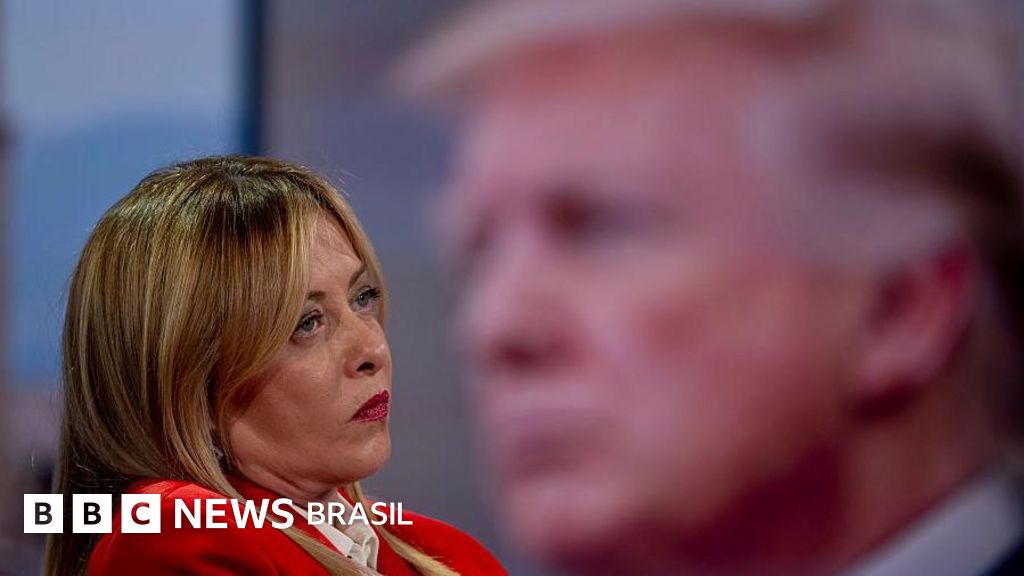
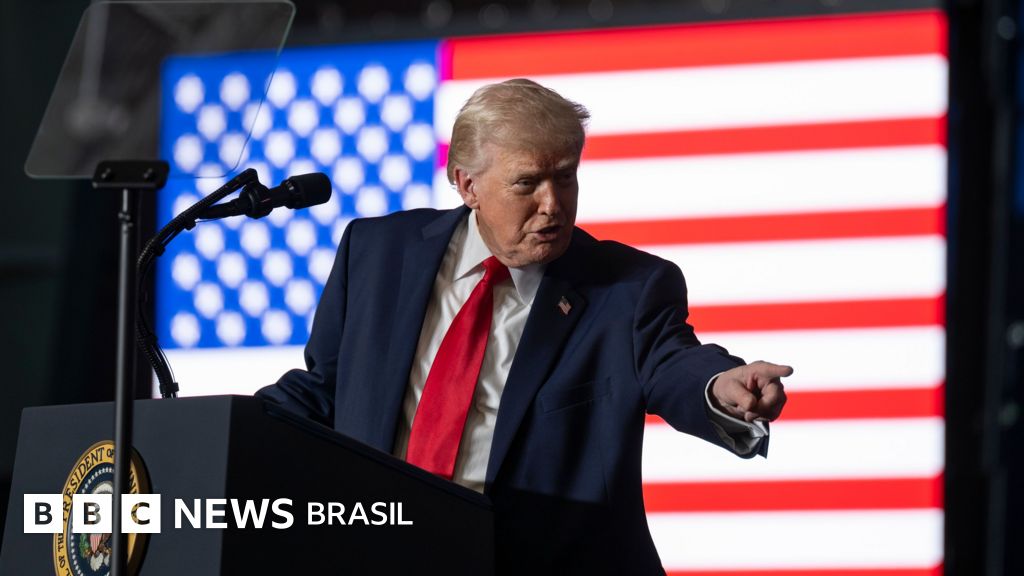
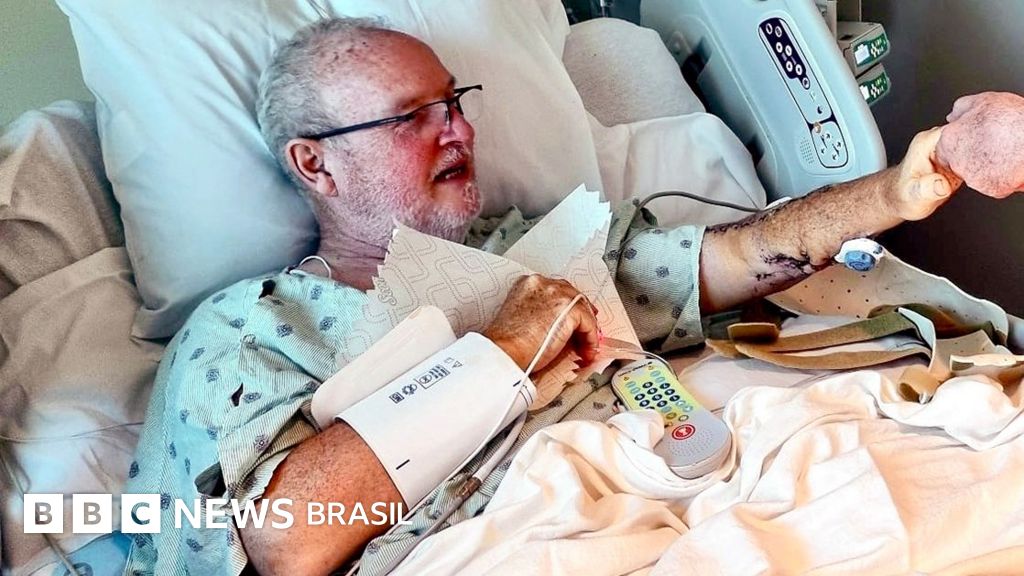

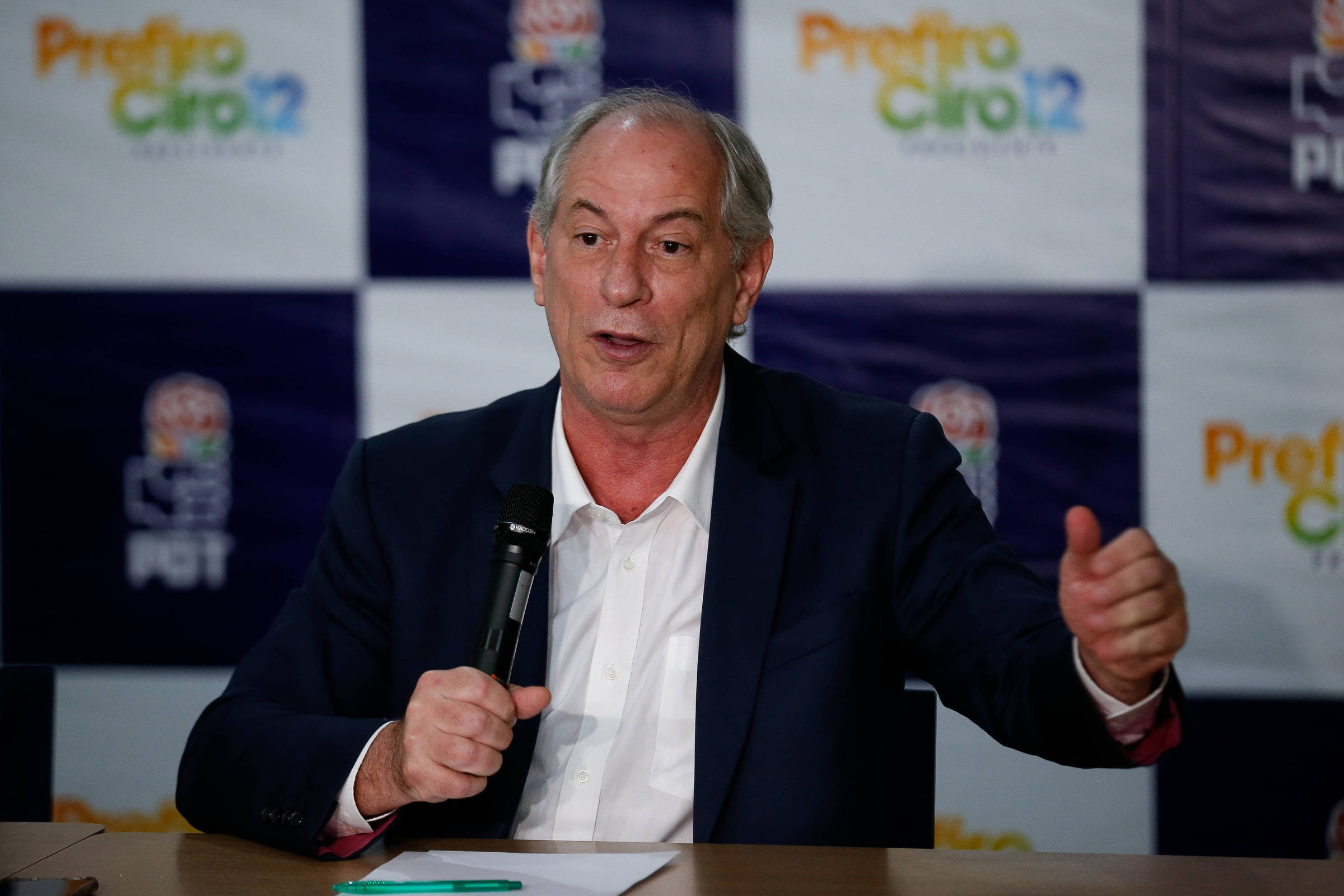

:strip_icc()/i.s3.glbimg.com/v1/AUTH_59edd422c0c84a879bd37670ae4f538a/internal_photos/bs/2023/l/g/UvNZinRh2puy1SCdeg8w/cb1b14f2-970b-4f5c-a175-75a6c34ef729.jpg)
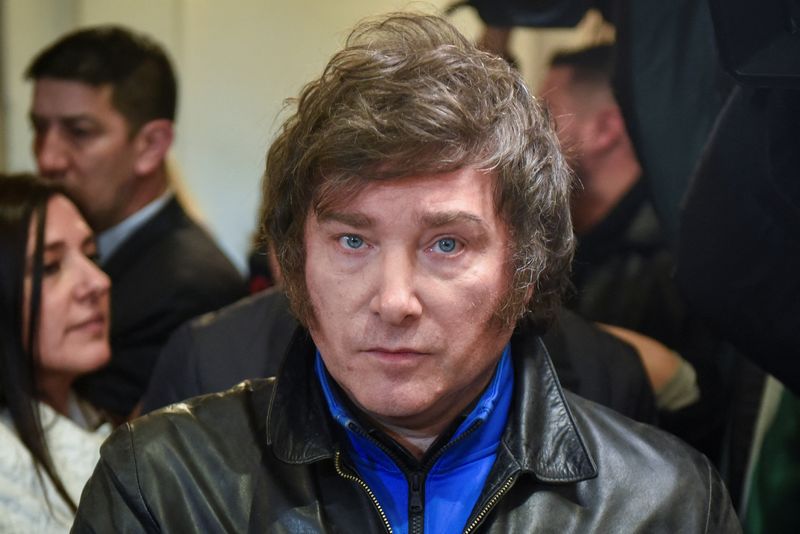
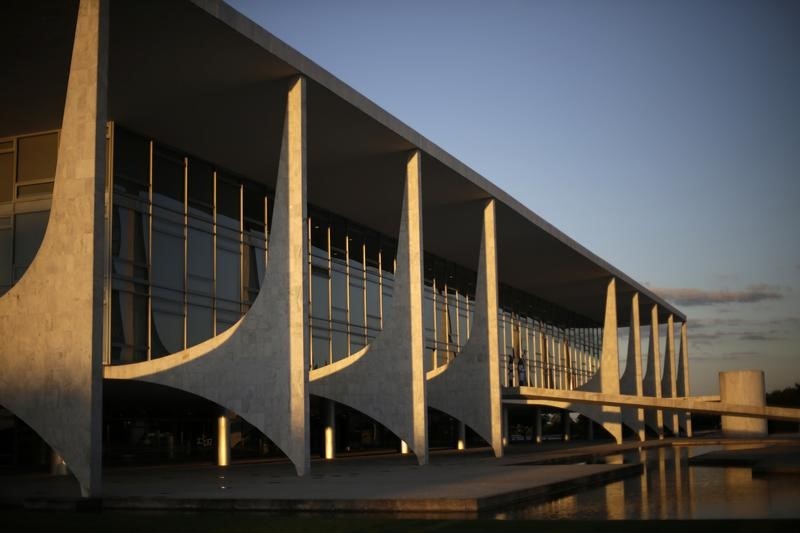
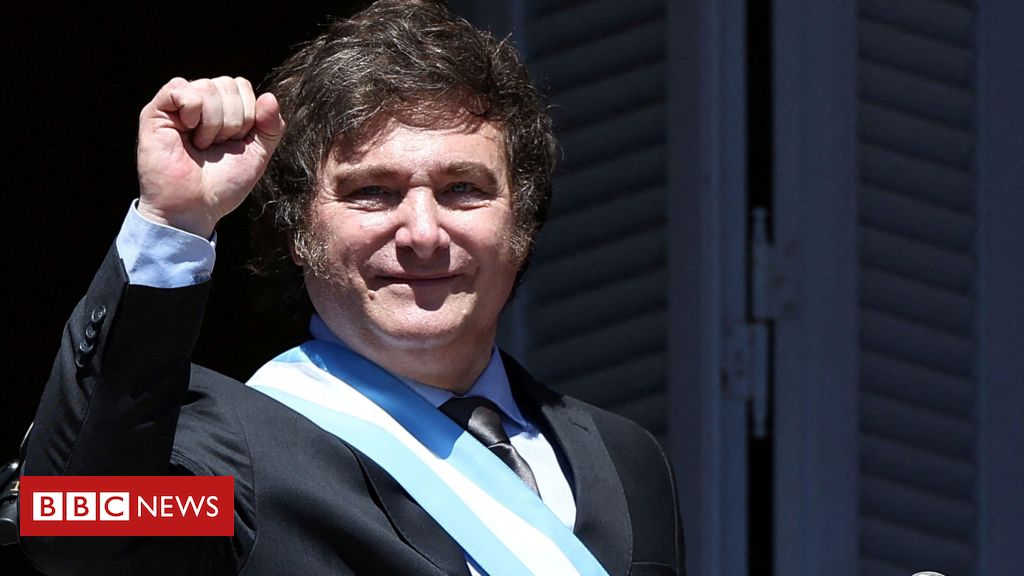
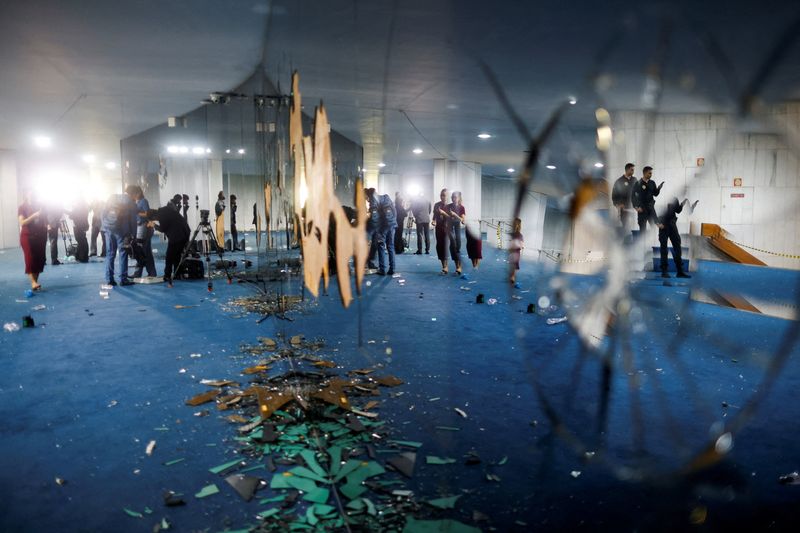

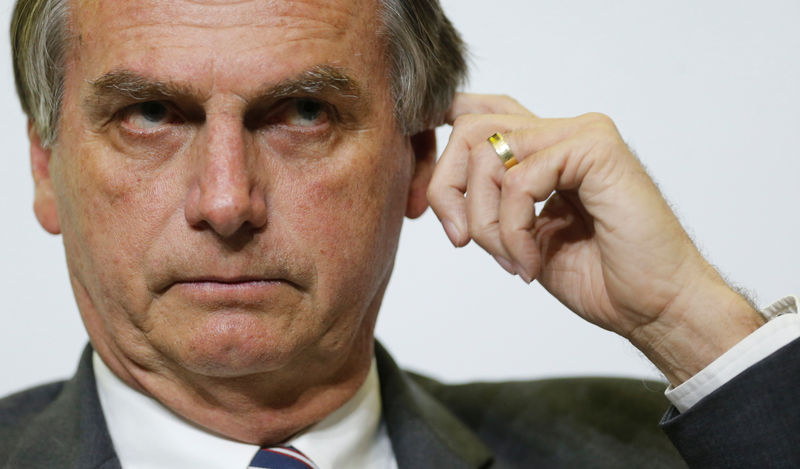
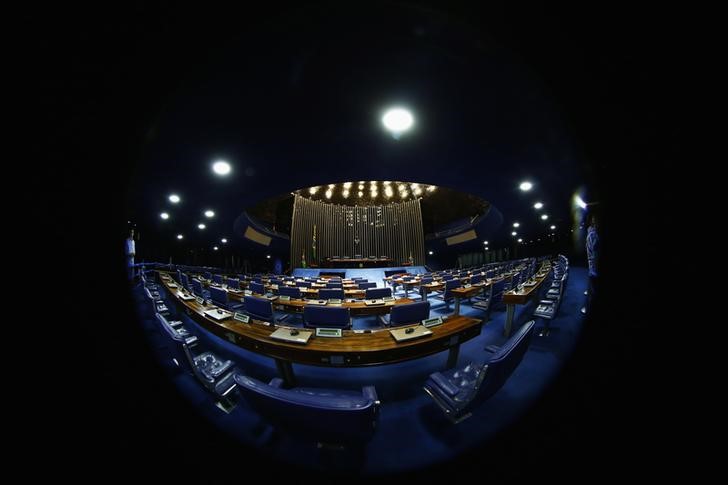
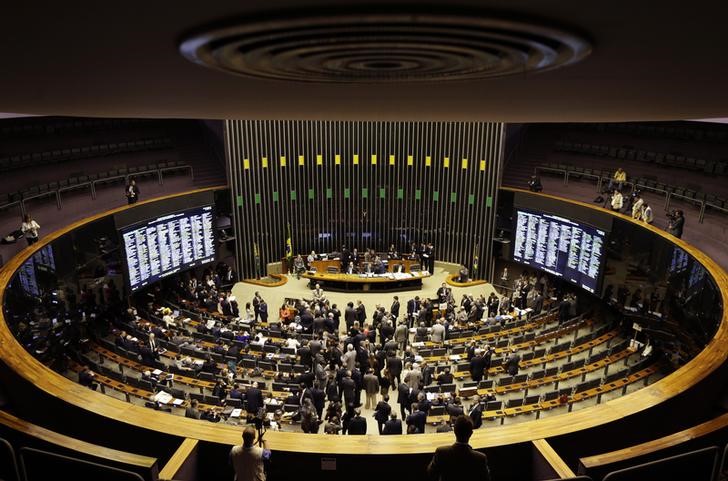


Comentários
Aproveite ao máximo as notícias fazendo login
Entrar Registro